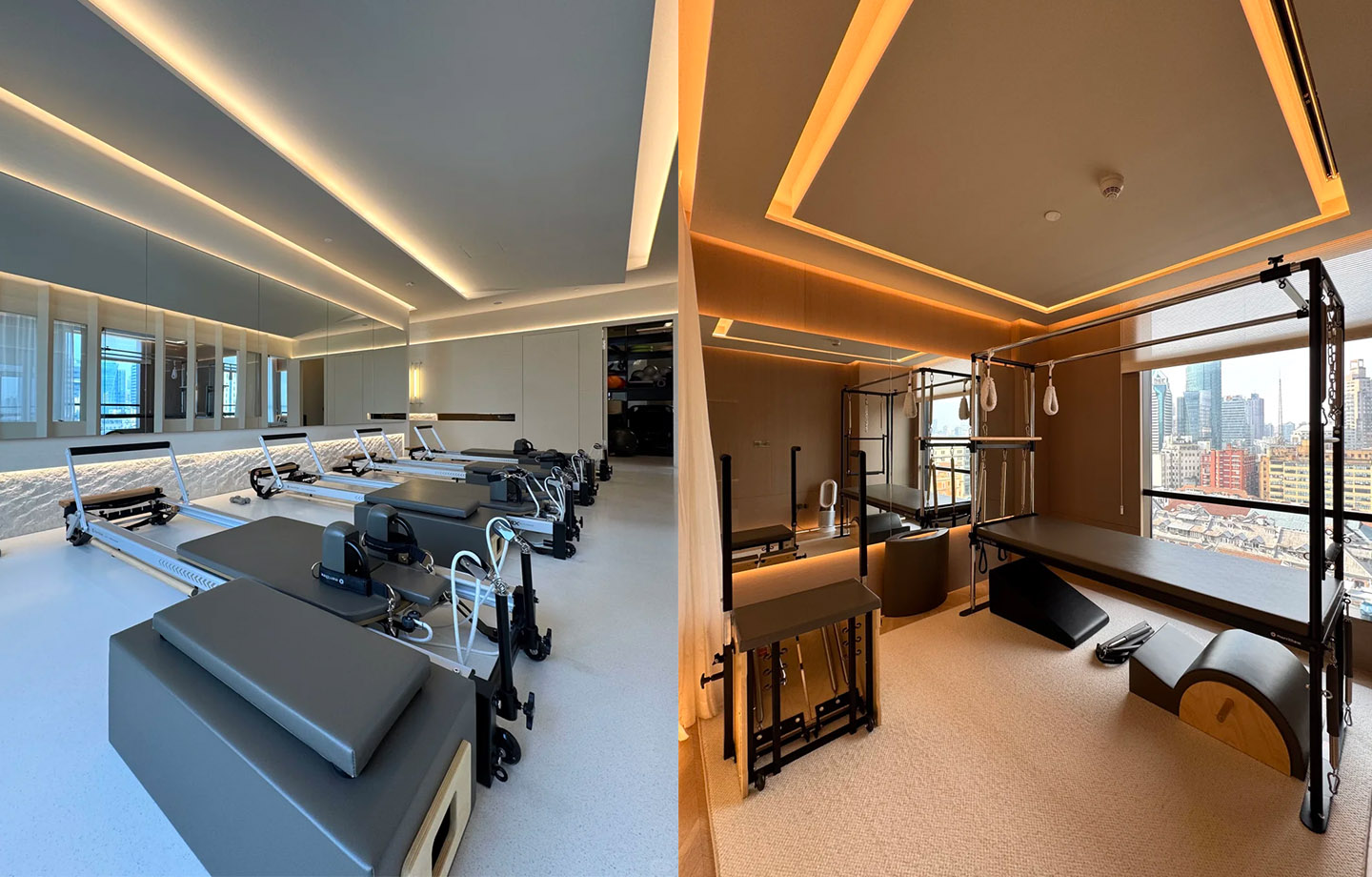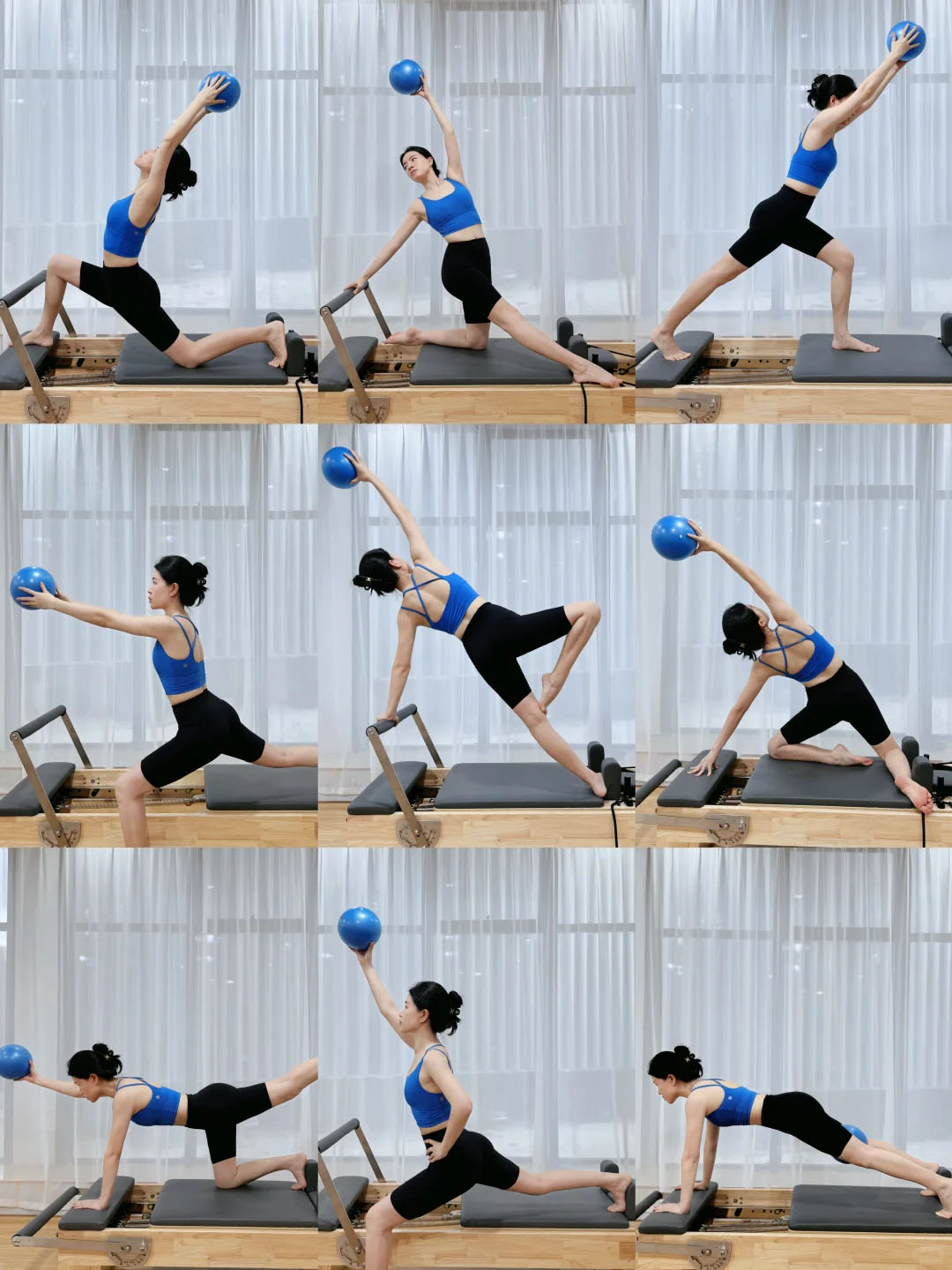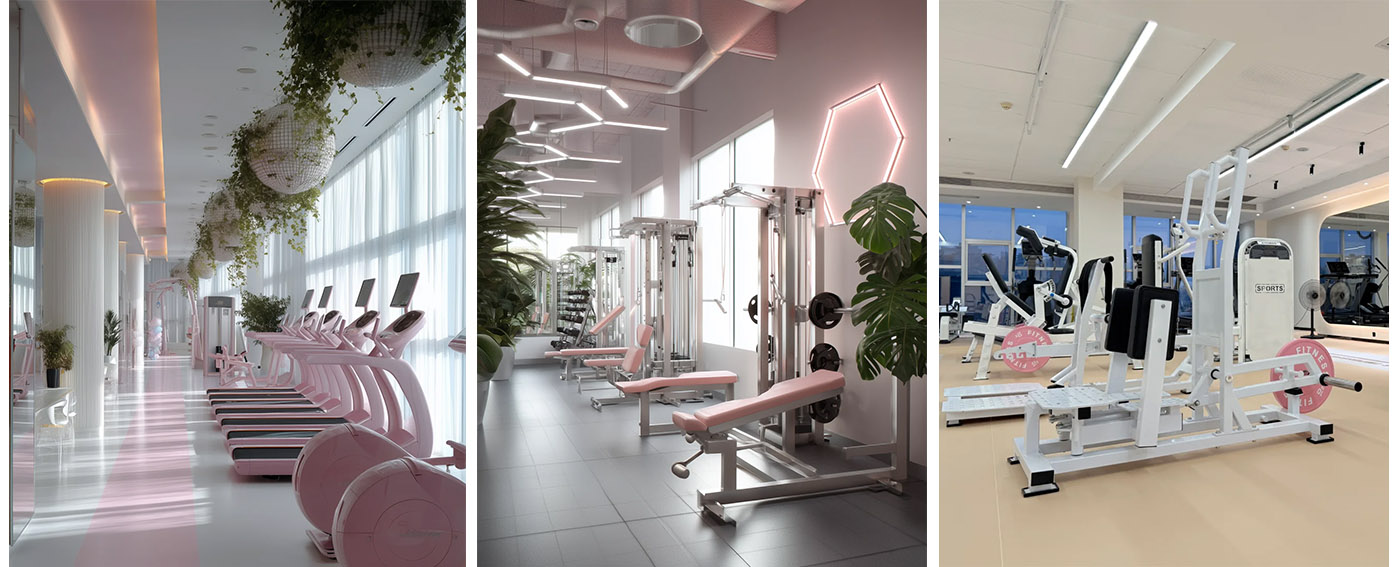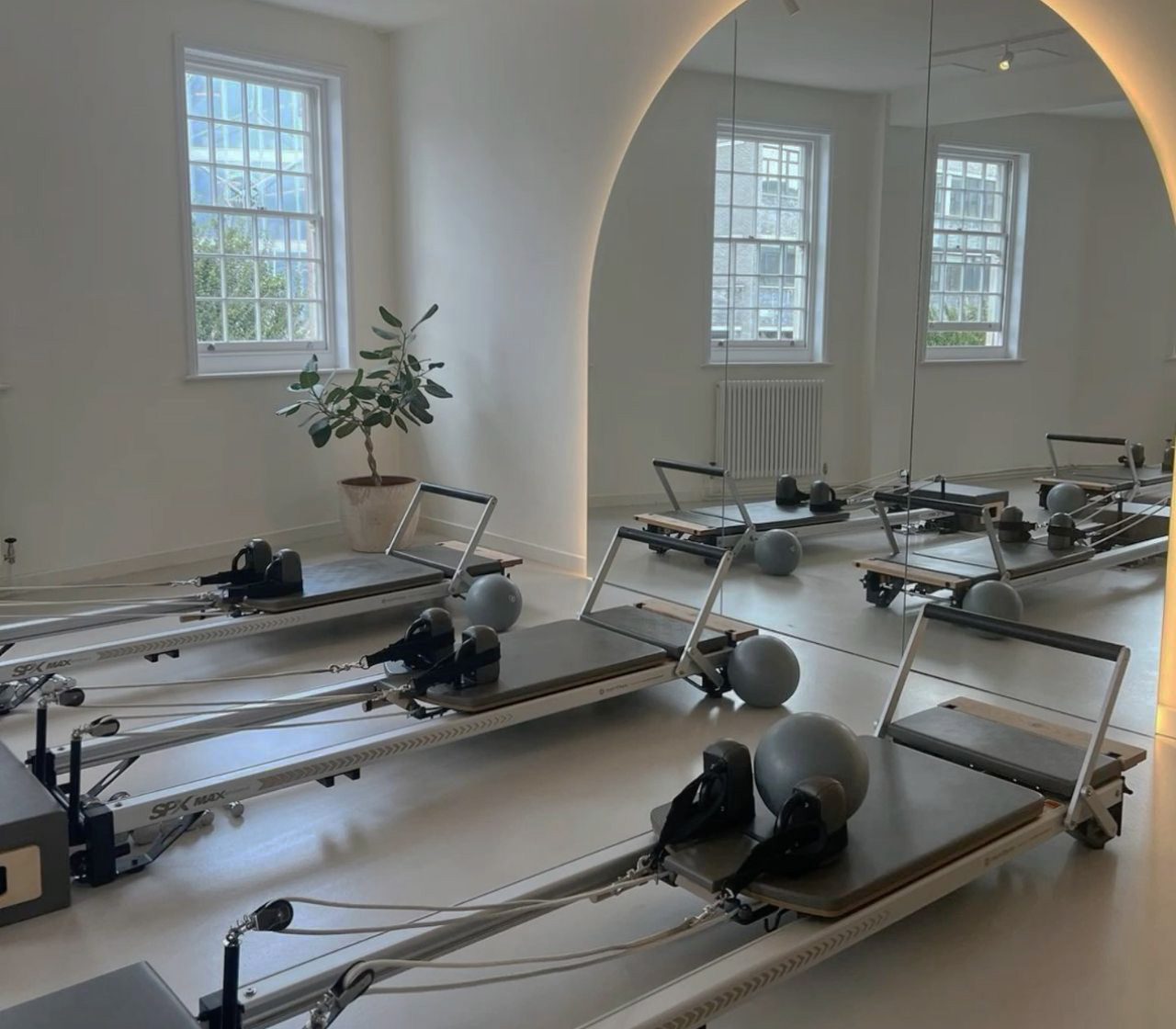In the world of fitness and wellness, Pilates and Yoga are two popular practices that promote flexibility, strength, and mind-body awareness. While Yoga focuses on meditation, stretching, and holistic wellness, Pilates emphasizes core strength, controlled movements, and precision. Understanding the difference between these practices can help you choose the right routine, especially if you are considering using Pilates equipment for more effective workouts.

Pilates is a physical fitness system developed by Joseph Pilates in the early 20th century. Unlike Yoga, which combines meditation and physical postures, Pilates is primarily an exercise method designed to improve posture, strengthen the core, and enhance muscle control. Pilates exercises can be performed on mats or with specialized equipment, which increases resistance, improves stability, and targets deep muscle groups more effectively.
| Aspect | Yoga | Pilates |
|---|---|---|
| Focus | Flexibility, balance, mindfulness | Core strength, posture, controlled movements |
| Breathing | Rhythmic, often meditative | Lateral thoracic breathing to engage core muscles |
| Equipment | Minimal, usually mats and props | Specialized Pilates equipment, including reformers and beds |
| Movement Style | Flowing sequences or held poses | Precise, controlled exercises targeting specific muscles |
| Spiritual Component | Integral to practice | Not spiritual; focuses on physical conditioning and rehabilitation |

To get the most out of Pilates, using the right equipment can significantly enhance your practice. Some essential tools include:
Pilates bed: A versatile base for various Pilates exercises. Options like the Aluminum Pilates Bed or Aluminum Alloy Pilates Bed for Yoga Studio provide durability and stability for home or studio use.
pilates reformer: The most iconic piece of equipment, the Pilates reformer uses a system of springs and pulleys to add resistance. Variants include:
Aluminum Pilates Reformer With Semi-Elevated Frame
Semi-Elevated Pilates Reformer
Pilates Reformer with Frame
Pilates Reformer Machine
Commercial Grade Pilates Reformers for Studio: Designed for professional settings, offering enhanced durability and adjustable resistance for different user needs.
Pilates Series Equipment: Includes various attachments and accessories to expand the range of exercises and target different muscle groups.
By incorporating Pilates Reformers for Sale or customized Aluminum Pilates Reformers, practitioners can perform more challenging exercises that improve core stability, posture, and overall strength.
Enhanced Core Strength: Equipment like the Pilates Reformer Machine engages deep abdominal and back muscles effectively.
Improved Posture and Alignment: Using a Semi-Elevated Pilates Reformer helps maintain proper spinal alignment during exercises.
Greater Exercise Variety: Pilates Series equipment enables advanced movements not possible on a mat alone.
Rehabilitation and Injury Prevention: Controlled resistance training with Pilates Reformer Equipment reduces the risk of injury and supports recovery.

When selecting equipment for personal or studio use, consider:
Durability and Material: Aluminum frames, such as Aluminum Pilates Reformer with Semi-Elevated Frame, provide longevity and stability.
Functionality: Ensure the equipment supports the exercises you want to perform, whether for home use or a commercial studio.
Adjustability: Look for machines with adjustable springs and frames to cater to different fitness levels.
While Yoga focuses on flexibility, relaxation, and mind-body connection, Pilates emphasizes precision, core strength, and functional movement. Using specialized Pilates equipment, such as the Aluminum Pilates Bed or Pilates Reformer Machine, can significantly enhance your practice, improve results, and support long-term fitness goals. Whether you are a beginner or running a professional studio, investing in high-quality Pilates Reformer Equipment ensures effective workouts and safe, controlled movement.
